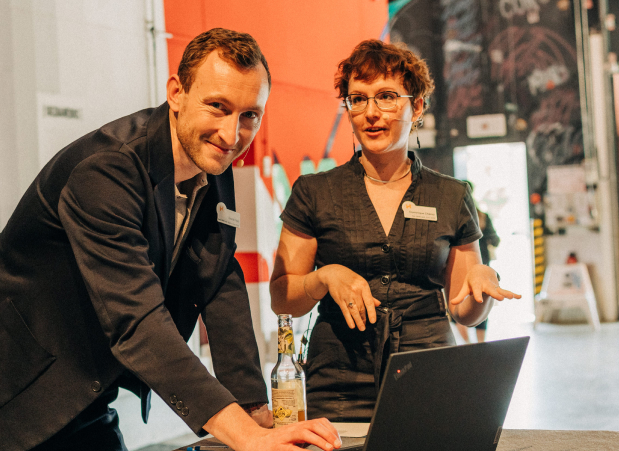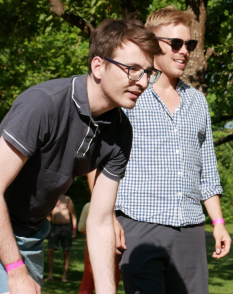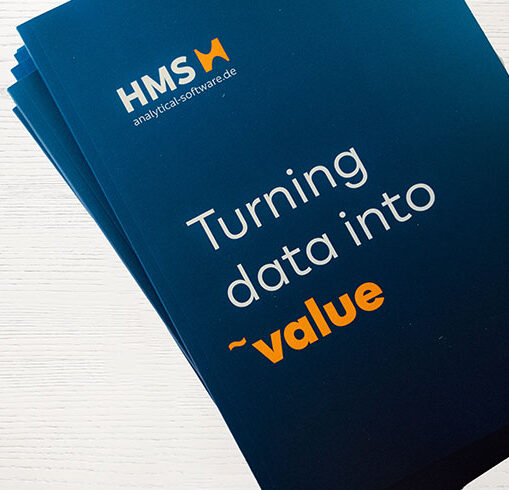
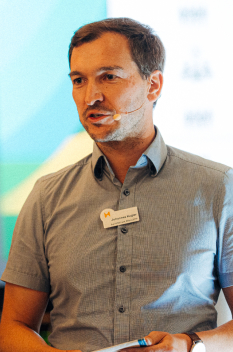
As a competence center, we offer a lot of creative freedom and opportunities for participation!
To us, consulting means working with our customers to understand what problem they want to solve and developing suitable software and processes based on their needs. Unclear business benefits or unrealistic expectations of technologies often distract us from what is needed. Also, many aspects that seem clear at first glance must be actively communicated and changes must be accompanied as well. As the competence center of consulting, it is our task to help develop, nurture and blossom the knowledge, know-how, and competencies of our colleagues in this microcosm.
The following is important to us: Consulting is not just for project managers. We also explicitly turn to colleagues who have a more technical role. Some of our most capable consultants are software engineers and architects who understand better than anyone else that without clear business goals, users are hard to attract, no matter how good the solution is.
Thanks to the uniqueness of each customer and individual, consulting in itself holds the major benefit of versatility. Furthermore, If you enjoy thinking outside the box about technologies, understanding bigger picture issues, and helping customers achieve their goals individually, you’ve come to the right place.
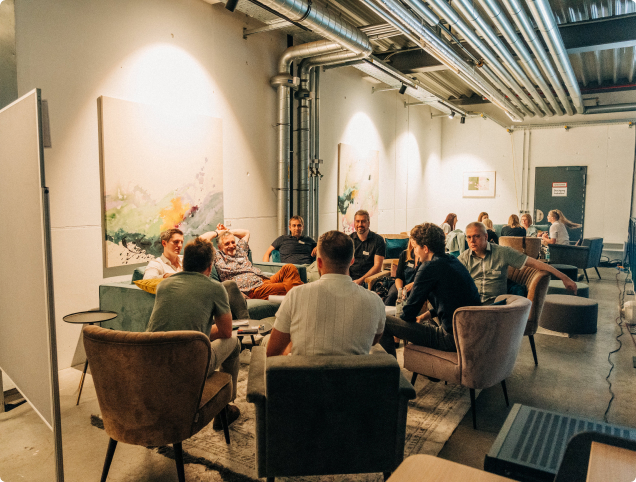
There are two reasons. First, we see a greater need for consulting in our projects: What is the problem to be solved? Does the approach fit the available technologies and data? Is it worth the investment? These are all questions that have a big impact on the success of a project. Secondly, we do not want consulting to be understood as something “that you can do or not”. As a competence center, we want to give all our colleagues access to the subject. At the very least, we hope to create an awareness of when good consulting is particularly important.
The easiest way to get involved is to participate in our formats and discussions. Those who want to have a more active part are welcome to contribute their own presentations. Yet, the actual participation takes place in the knowledge circles. Here, we focus on a topic to be worked on together, such as “Business Cases for Analytical Software”. The goal is to build up focused knowledge and pass it on to the company. To ensure that this works well and quickly, we adapt the knowledge goals to the interests of the knowledge workers and offer support from the competence field team.
Internally, we want to impart methodological knowledge to our colleagues. The focus is on methods that support technical expertise so that it can be used even more effectively in the project. Examples of this include the communication of complex content or the development of goals. Externally, we want to signal the following to our customers: HMS can do both, excellent development work and strategic project consulting for a greater customer benefit.


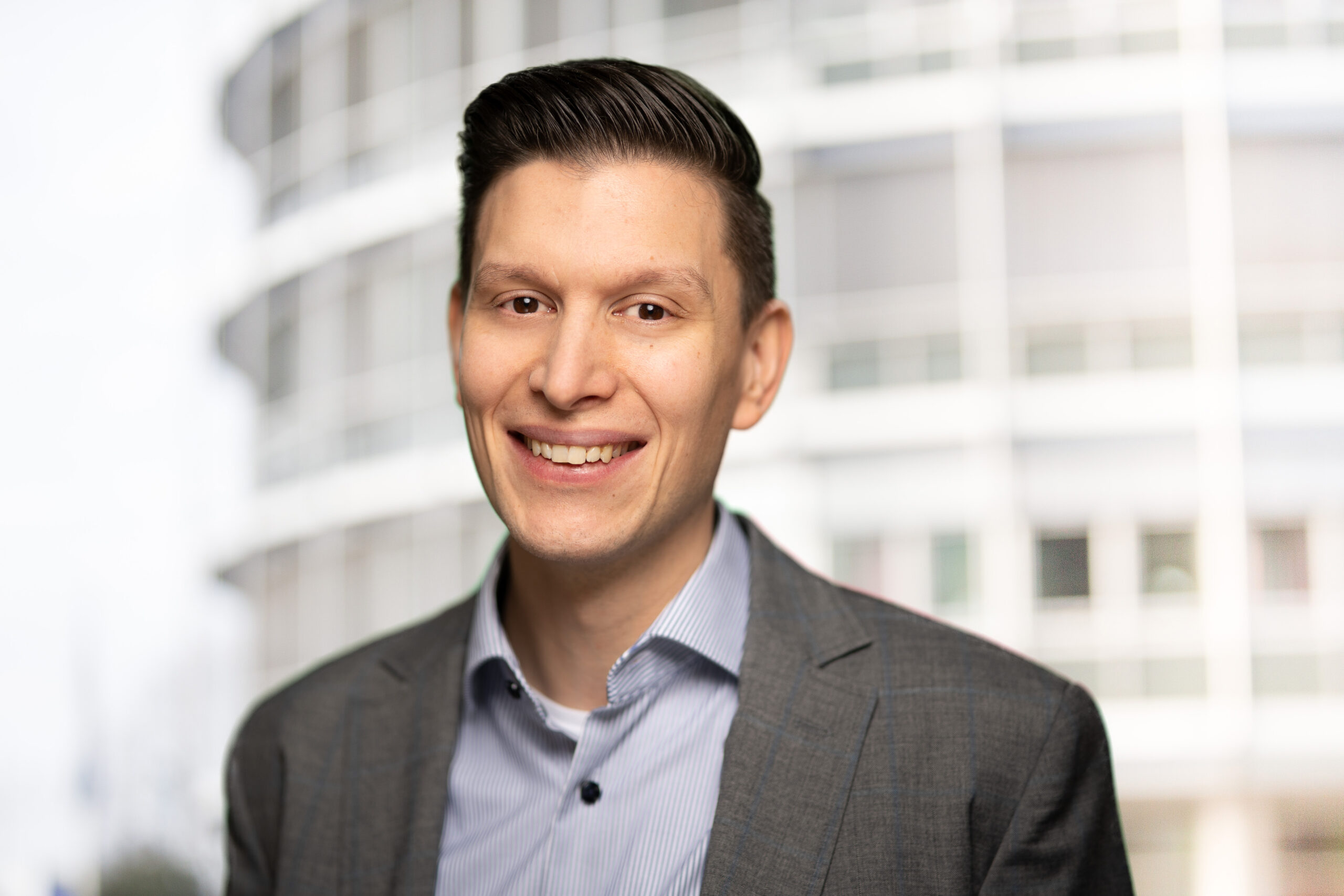
The first consultation begins even before the project, during the presales phase. The effort is worth it as this is where the decisive course is set. In this knowledge circle, our account team and experienced colleagues share how they consult during preliminary meetings. Little sugar-coating, lots of questions, stimulating discussions and honesty coupled with healthy self-confidence all demonstrated why presales at HMS has little to do with the classic salesman clichés and why it is sometimes better not to pursue certain projects.
Who does not have them? Ideas for great software and AI solutions that would make our everyday lives much more comfortable. But for which of the hundred ideas is it worth starting a project? In this knowledge circle, we considered the following: Why should IT not be the basis for IT? Why do companies spend money on IT projects, and why do some spend more than others? How can we use this knowledge to steer projects towards success?
